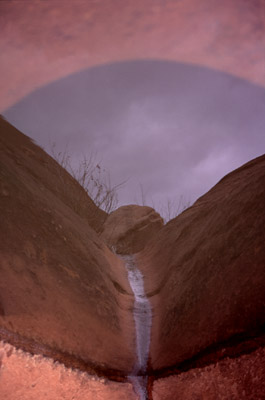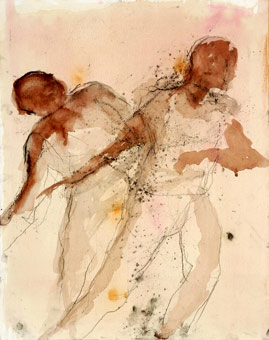The Erotic Mind - What Are Your Peak Sexual Experiences?
/While I'm home in PA for the holidays with my family, I'm reading The Erotic Mind by Jack Morin, PhD. This book was recommended through the AASECT (a professional sexuality organization) listserve, and with a subheading of "Unlocking the inner sources of sexual passion and fulfillment," how could I not be intrigued both personally and professionally?!
I haven't read that far into the book yet, but I am very pleased with the author's writing style and outside the box thinking. Instead of taking the standard "what's wrong" approach to sexual therapy and counseling, he starts with questions about peak sexual experiences and fantasies. This is a way to learn more about your erotic turn-ons, how you've tapped into that in the past, and setting the groundwork to create more passion in the future.
Thinking back, what were your most sexually arousing situations? What were the details and circumstances? Why do you think it was so arousing? The interesting thing here is that sometimes our most arousing memories don't involve sexual intercourse or even explicit sexual activity. It could be visual stimuli, or an attraction, or a desire. Or it could be a complex and wild and debauchous! It's a great way to focus on what has worked well for you in the past, and be creative in how to bring more of that to your erotic fulfillment.














































